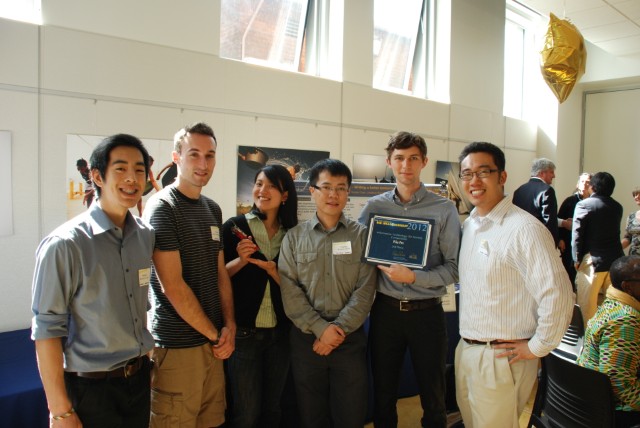
Handwriting can be especially difficult for Children with disabilities such as autism, hypotonic cerebral palsy (HCP), and sensory integration disorder (SID). Through interviews with four independent occupational therapists (OT’s), The Pika Pen team has identified three indicators of poor handwriting technique in children with disabilities: improper pen tip force, grip pressure, and pen inclination angle. Additional visual, auditory, and tactile feedback of the above indicators is effective for retraining different tasks. The goal of Pika Pen is to improve handwriting by these three indicators through the development of a low-cost, sensor-rich pen that allows children, especially those with disabilities, to improve their handwriting technique. The Pika Pen introduces children to an improved sensory- feedback system which is relayed to the child as real-time visual, audible, and tactile feedback.

